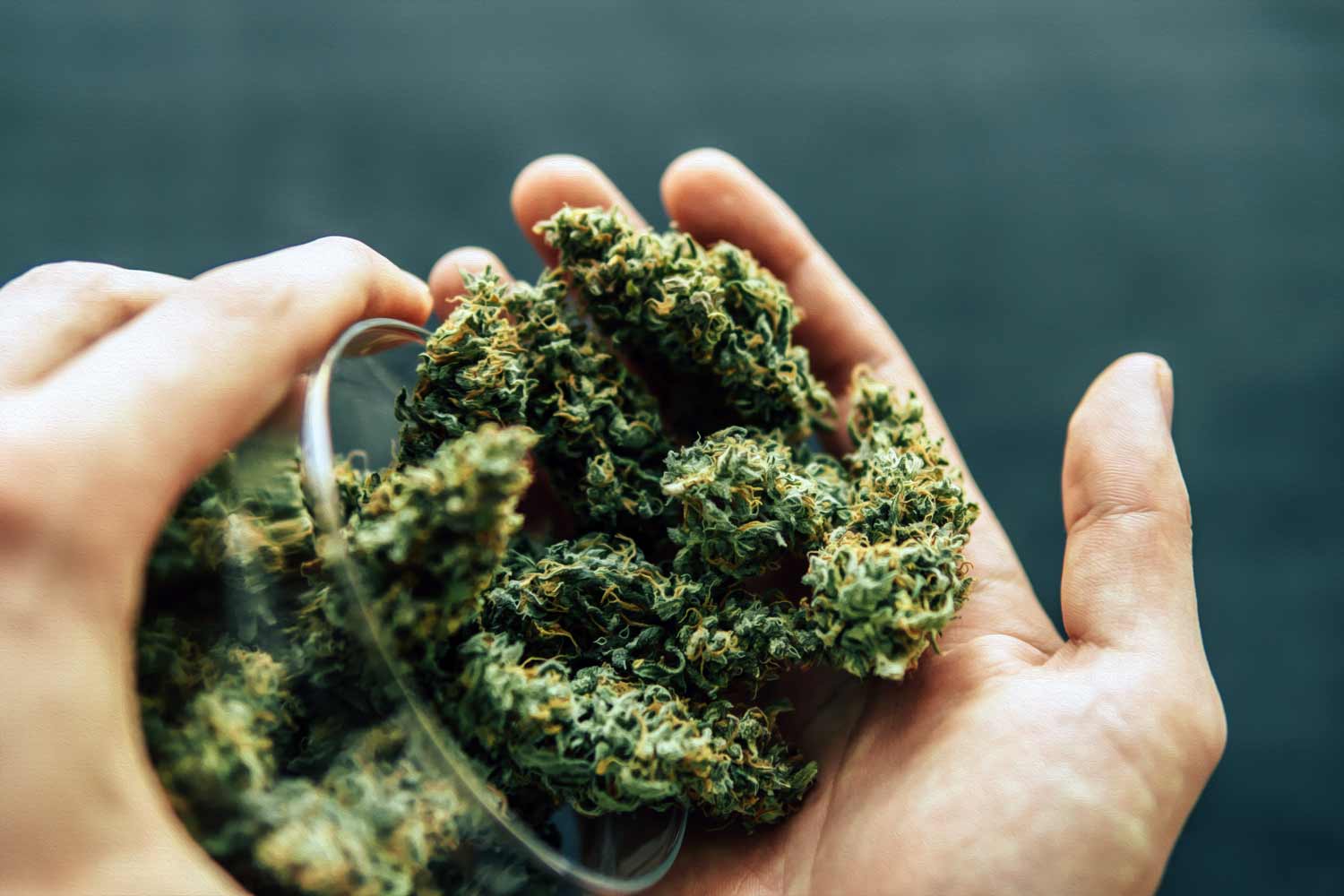
Research suggests that THCa may possess therapeutic properties, contributing to overall well-being. Its potential anti-inflammatory, neuroprotective, and antiemetic effects have garnered interest from the medical community. Some theislandnow studies even point to its possible role in mitigating certain seizures.
Exploring Lifestyle Enhancements with THCa
Beyond its potential health benefits, THCa has piqued the curiosity of those seeking lifestyle enhancements. Enthusiasts assert that theislandnow THCa consumption may promote relaxation, stress reduction, and a heightened sense of well-being.
Methods of Consumption
THCa can be consumed in various ways, including raw consumption, tinctures, and extracts. Each method offers a unique experience and onset time, allowing users to tailor their consumption to their preferences and needs.
THCa vs. THC: Unraveling the Differences
It’s crucial to differentiate between THCa and THC. While THCa is the precursor to THC, it interacts with the endocannabinoid system differently. THCa’s non-psychoactive nature provides a distinct advantage for those seeking therapeutic effects without cognitive alterations.
Potential Legality and Regulations
The legality surrounding THCa varies depending on regional cannabis laws. Users must familiarize themselves with local regulations before incorporating THCa into their routine.
THCa’s Role in Mental Well-being
Advocates of THCa suggest its potential to support mental well-being. Some users report reduced anxiety and improved mood after consumption, though individual experiences may vary.
A Deeper Look: THCa and Chronic Pain Management
Chronic pain management is a significant area of interest for THCa. Some individuals turn to THCa for potential relief from pain and inflammation, exploring it as part of a holistic pain management approach.
Enhancing Creativity and Focus with THCa
Anecdotal evidence hints at THCa’s ability to enhance creativity and focus. Some artists and professionals incorporate THCa into their creative process, attributing increased cognitive flexibility to its consumption.
THCa and Sleep: A Complex Relationship
THCa’s impact on sleep is multifaceted. While some users find it beneficial for promoting relaxation and sleep, others may experience alertness. Personal experimentation is often necessary to determine how THCa affects individual sleep patterns.
Combining THCa with Other Natural Remedies
Exploring synergies between THCa and other natural remedies is a burgeoning field. Some users combine THCa with herbs like lavender or chamomile to amplify relaxation and therapeutic effects.
Importance of Hydration: Understanding the Basics
Hydration is crucial for individuals taking spironolactone. This medication, often prescribed for conditions like hypertension and hormonal imbalances, can increase urine production, leading to potential dehydration and you can look upon hydration tips for spironolactone users. To maintain adequate hydration levels, spironolactone users should aim to drink plenty of water throughout the day, typically around 8-10 glasses. Electrolyte-rich fluids like coconut water or sports drinks can help replenish lost minerals. Monitoring urine color can serve as a simple indicator of hydration status; pale yellow signifies proper hydration. However, it’s important to consult healthcare providers for personalized recommendations, especially if engaging in vigorous exercise or experiencing hot weather.
Considerations for Responsible Usage
As with any substance, responsible usage is paramount. Consulting with a healthcare professional before incorporating THCa into your routine is advised, especially if you’re taking medications or have underlying health conditions.
Addressing Concerns and Misconceptions
Misconceptions surrounding cannabis and its components are common. Addressing concerns related to legality, psychoactivity, and potential side effects can contribute to a more informed and nuanced perspective on THCa.




